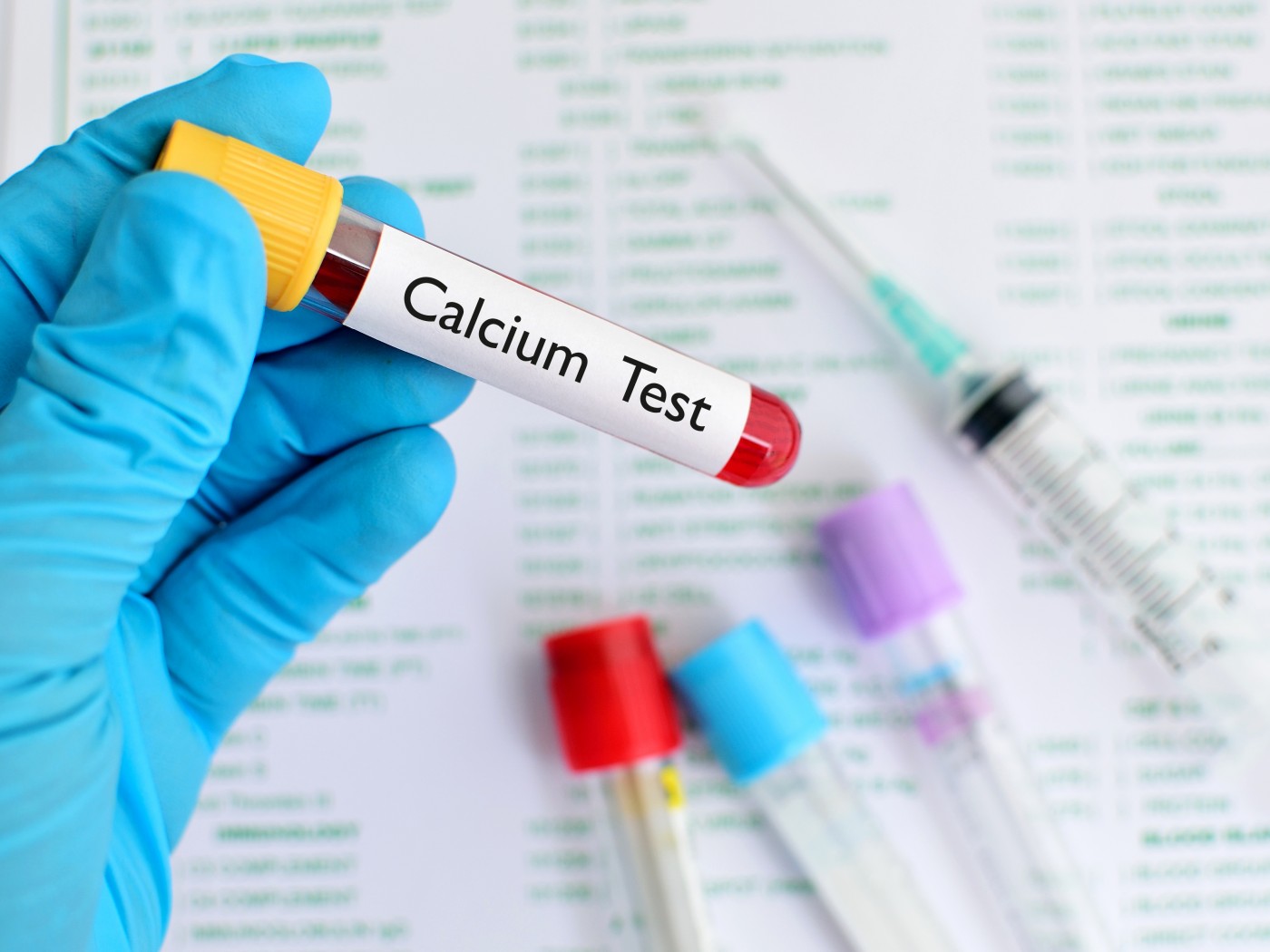Vitamin D Supplements in Sarcoidosis Patients Linked to Risk of High Blood Calcium Levels

Sarcoidosis patients who are prescribed vitamin D supplements show increased risk for hypercalcemia (high calcium levels in the blood), highlighting the need for more appropriate screening when prescribing vitamin D in these patients.
The study, “Vitamin D Supplementation: Not So Simple in Sarcoidosis,” was published in The American Journal of the Medical Sciences.
More Americans are being diagnosed with insufficient levels of vitamin D. As a consequence, there’s been an increase in the use of vitamin D supplements, especially in women over 60.
In patients with sarcoidosis, there is often an increase in the metabolism of vitamin D. Sarcoidosis is considered a contraindication for high-dose vitamin D supplements.
However, because supplementary vitamin D is generally considered harmless, it is possible that sarcoidosis patients are receiving inappropriate amounts of vitamin D supplements. In these cases, vitamin D may lead to hypercalcemia.
Here, authors investigated vitamin D prescription practices in patients with sarcoidosis who visited clinics in and around the Bronx, New York. The team also analyzed the clinical consequences that may result from these supplement prescriptions.
In total, 196 patients with sarcoidosis were randomly selected who received at least one prescription of vitamin D between 2005 and 2011. The study also included 196 control patients who did not take vitamin D supplements.
Authors analyzed the incidence of hypercalcemia during the two years of vitamin D supplements. A secondary outcome included understanding the proportion of patients who had received vitamin D prescriptions and who had adequate blood work performed before the prescription.
Researchers found that hypercalcemia occurred more frequently in the group that received vitamin D (42.3%), compared to the nonsupplemented group of patients (18.3%).
Patients who received a vitamin D prescription developed moderate or severe hypercalcemia with higher frequency (12.8%), compared to the group that did not receive vitamin D (3.6%).
The risk of developing hypercalcemia was increased approximately two-fold in sarcoidosis patients with a prescription for vitamin D.
The results of this study support a link between prescribed vitamin D supplements and the risk of hypercalcemia in sarcoidosis patients. The authors also highlight the fact that a substantial number of sarcoidosis patients do not undergo appropriate pretesting before being prescribed vitamin D supplements.






